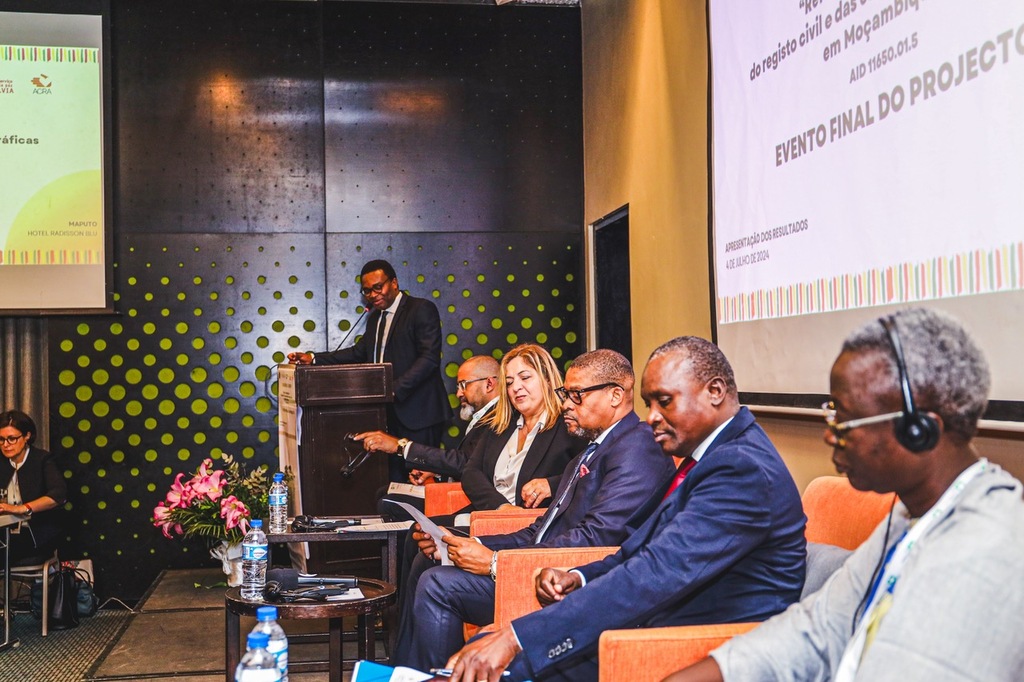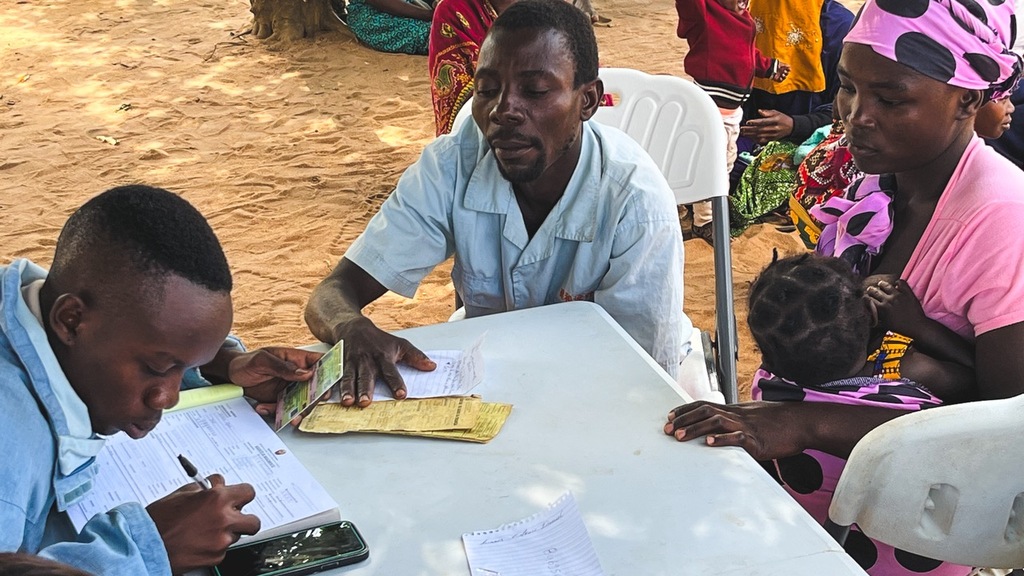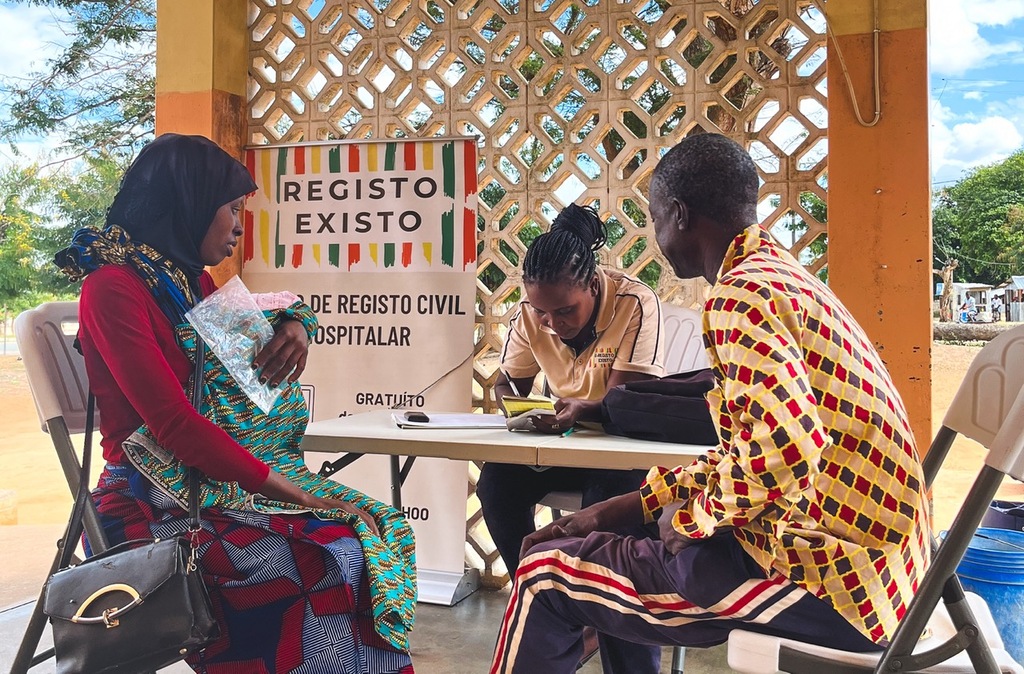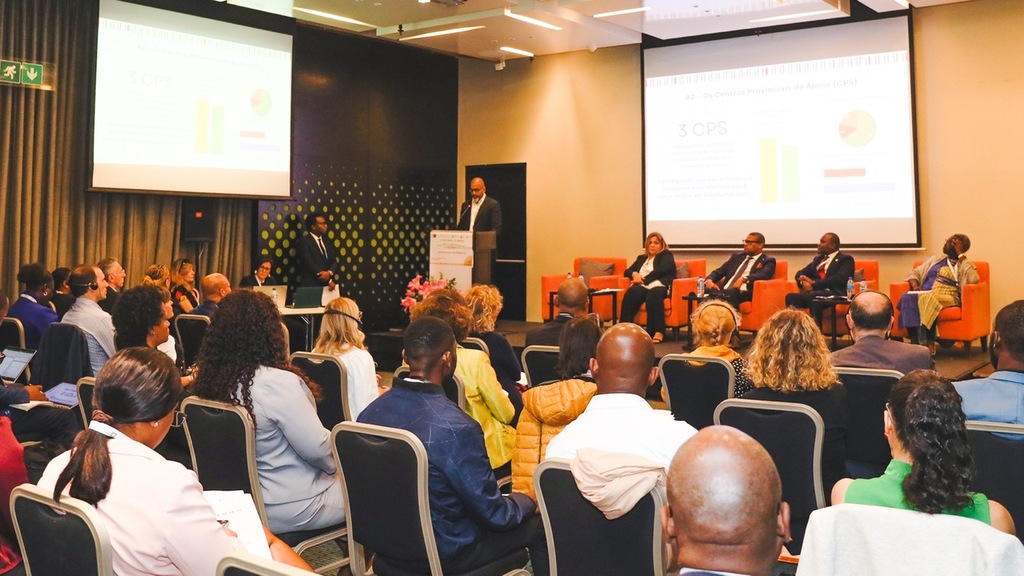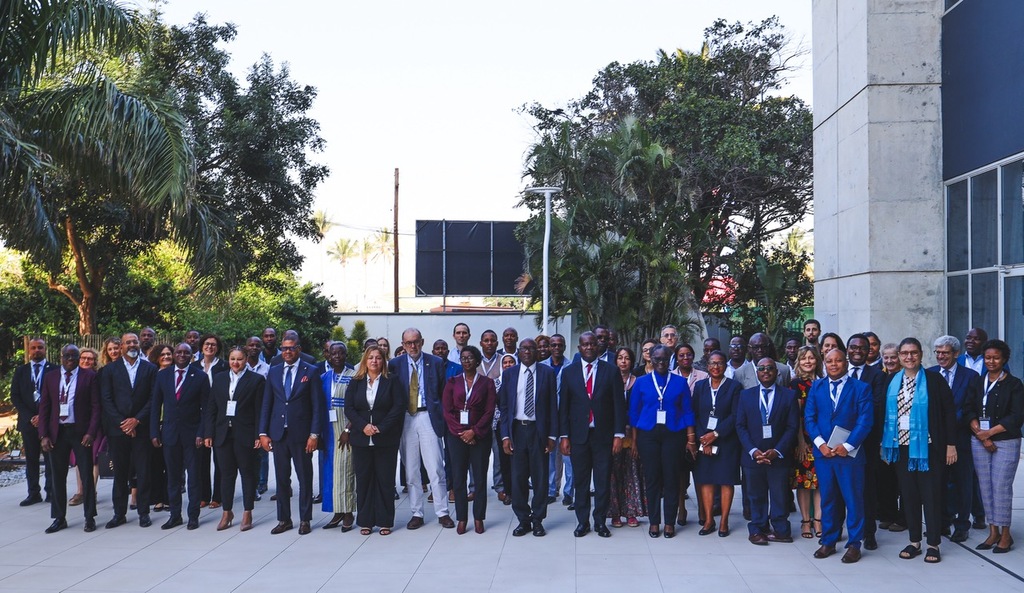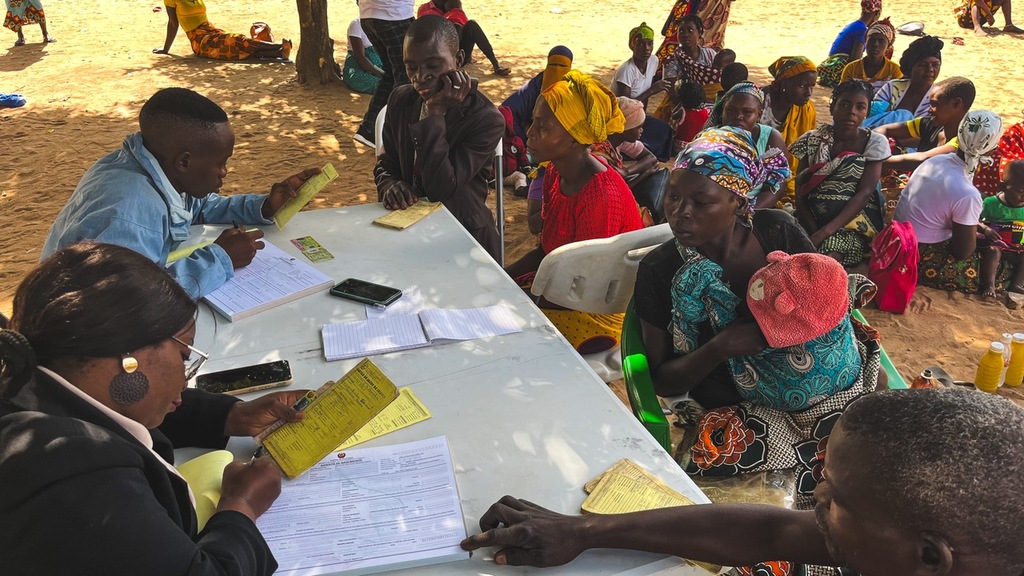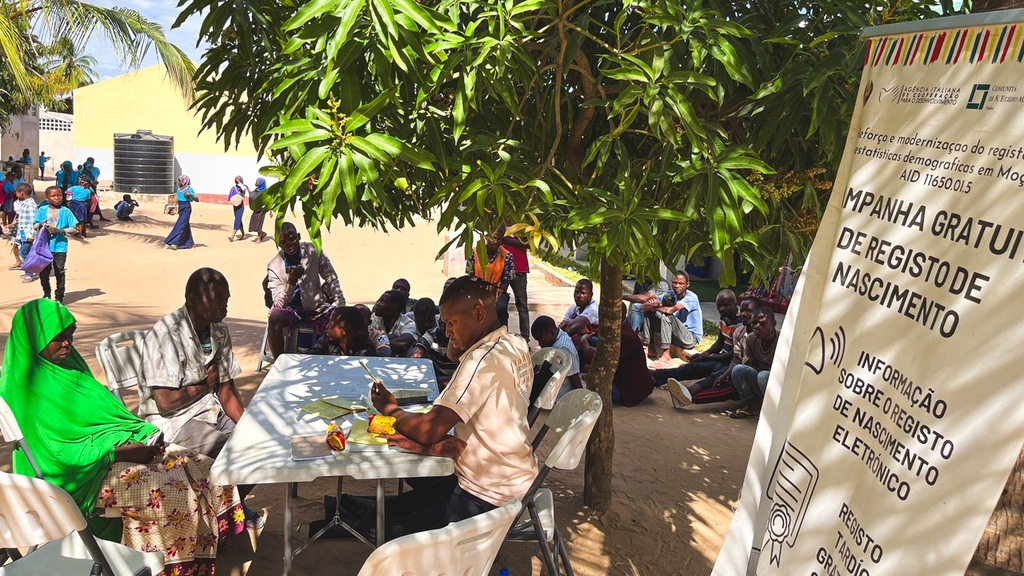Nampula, Xai-Xai and Matola were the provincial 'capitals' of a new BRAVO! initiative in Mozambique. The Civil Status Registration Programme in the three provinces of which these cities are capitals (Nampula, Gaza and Maputo) has done important work in the last two years to protect the lives of 'invisible' children. The Programme started registration for the first time in Gaza and Maputo with the cooperation of LVIA (Lay Volunteers International Association) and the Acra Foundation.
Bravo! has expanded its presence in Nampula, where it began in 2010, to all 23 districts of this very populous province, the second largest in the country, where tens of thousands of internally displaced people from the province of Cabo Delgado, shaken by terrorist violence, have now also settled.
BRAVO! opened a total of 48 new Hospital registry offices in as many maternity hospitals to allow free registration immediately after birth or at the time of the first neonatal vaccinations. It then organised 53 awareness campaigns on the importance of the civil registry. New activists and staff have been trained to talk to families and ensure immediate electronic registration. Finally, the statistical and demographic advice provided by the Italian National Statistics Institute (ISTAT) to its counterpart in Mozambique has helped to create a framework rich in long-term effects on the system.
The final ceremony took place on 4 July in Maputo and the results were presented in detail: 111,000 children registered, 192 conservadores (civil registrars) trained, 250 community actors involved, 200,000 people sensitised. The Secretary General of the Ministry of Justice, on behalf of the government, asked Sant'Egidio to continue helping the country. He recalled the immense gift of peace, signed in Rome on 4 October 1992 after 27 months of negotiations in the small monastery of Sant'Egidio.
Professors Gianpiero Dalla Zuanna and Maria Castiglioni from the University of Padua and researchers from the School of Advanced Studies Sant'Anna in Pisa, who analysed the data collected during the 24-month intervention, spoke of success in absolute terms, and especially in the ability to provide access to registration for very marginalised families and communities that are normally excluded. If the methods, skills and awareness were extended to other provinces of the country, the national registration rate could increase exponentially, with a positive impact on integration and social justice.
The initiative was fully funded by Italy through the co-operation office in Maputo.














